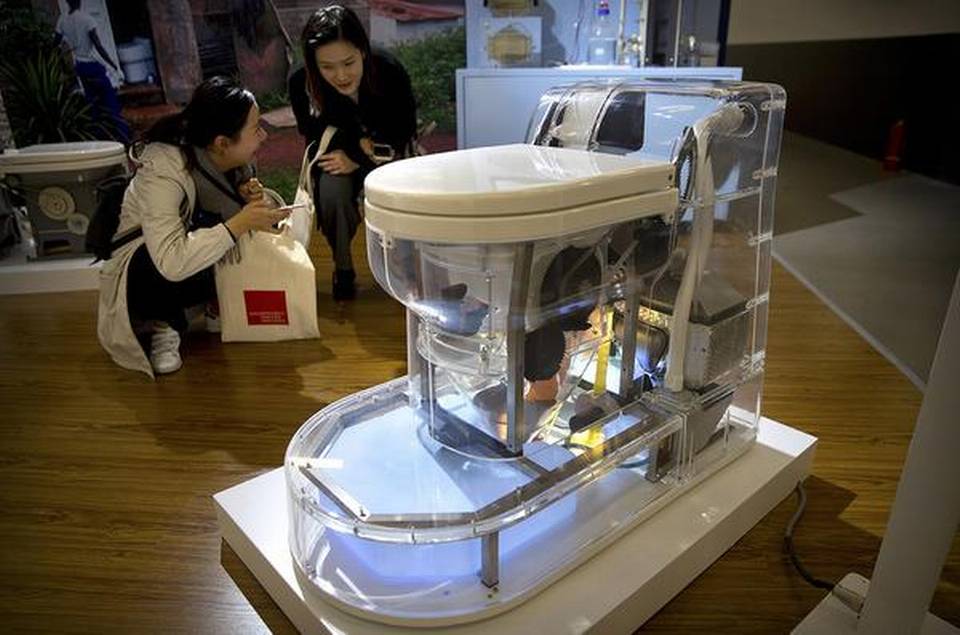7667766266
enquiry@shankarias.in
Why in news?
Bill and Melinda Gates Foundation (BMGF) has introduced reinvented toilets and Omni processor waste treatment plants.
What is the toll of unclean toilets on health?
What is the all new re-invented toilet about?

What is the significance of the innovation?
What are the concerns with sanitation treatment in India?
What measures needs to be taken in this regard?
Source: The Hindu